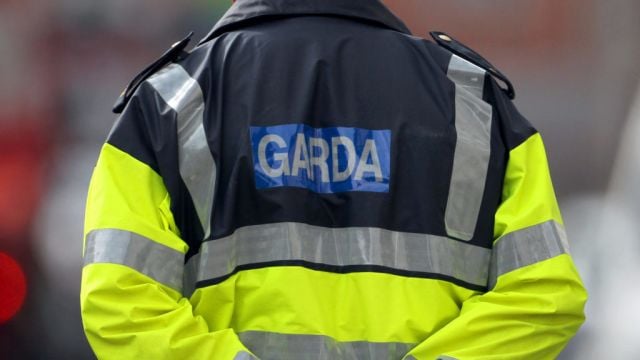The president of the Garda Representative Association (GRA) has called for a return to “basic policing” and cuts to the high level of bureaucracy within the force and an end to “being slave to the Pulse machine”.
Brendan O'Connor was responding to figures from the Irish Tourist Assistance Service which indicate there had been an increase in the number of tourists requiring help dealing with crime. This year alone, the service has helped 782 people, compared with a figure of 721 people in the same period in 2019, before the Covid pandemic.
Speaking on Newstalk Breakfast, Mr O’Connor said the problem was connected to the numbers of gardaí “available and present” on the street. The increase in people seeking assistance did not come as a surprise to him, he added.
The level of resignations from the force is at “unprecedented levels”, especially in urban centres like Dublin, he warned.
Members of the force are frustrated that they are being “kept off the streets,” Mr O'Connor said, adding they want to be out in the community but there are “layers and layers of bureaucracy”.
Asked what was keeping gardaí off the streets, Mr O’Connor said the first issue was there were not enough gardaí and that many had been deployed away from the frontline.
There was also the issue of the level of administration required, he added.
“Cut down the levels of bureaucracy and change the management culture,” he urged, adding there is too much emphasis on recording data and “being slave to the Pulse machine”.
He said “good old-fashioned policing” is what is needed, with support staff to deal with administration leaving the gardaí to “get on with policing and not administration”.
Mr O’Connor pointed out that within the force there are two computer systems and neither system speaks to the other: “So it's just constant form ticking and posting on computers.”







